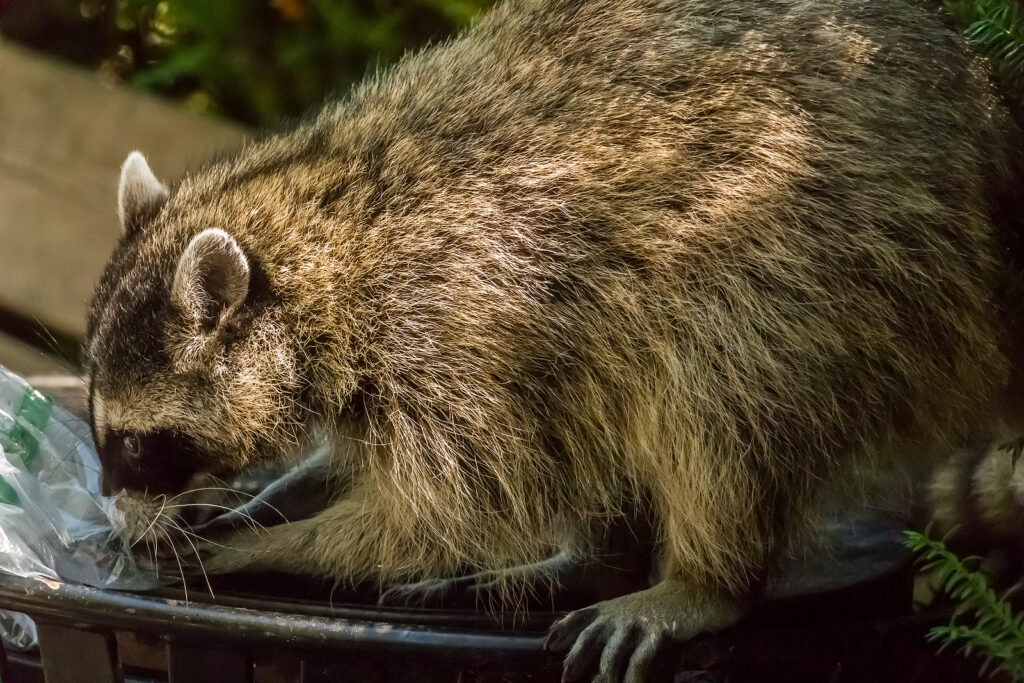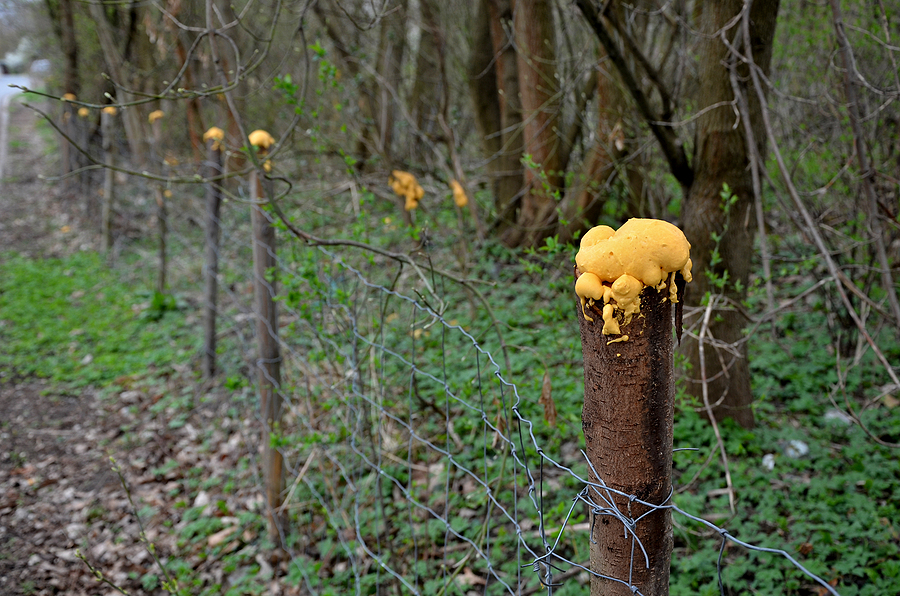Raccoons, those masked marauders of the night, can be quite the nuisance. Known for their dexterity and intelligence, they often rummage through garbage cans and invade homes, causing a significant amount of trouble for homeowners. While they may seem cute and harmless, raccoons can spread diseases and cause substantial property damage.
In this blog post, we will explore effective strategies for raccoon control, from preventative measures, like using raccoon repellents, to proactive solutions like expert raccoon removal. Join us as we unravel the secrets to outsmarting these clever critters, ensuring your home remains a raccoon-free zone.

Prevention Strategies: How to Keep Raccoons Away
The best way to deal with raccoons is to prevent their presence in the first place. Here are some tips for keeping raccoons away from your home and property:
Secure garbage containers, as these creatures are drawn to food sources. Make sure all lids are properly sealed and that the cans are placed away from structures like decks or sheds.
Keep pet food dishes indoors, as raccoons will devour whatever they can get their hands on.
Trim back trees and shrubs since these provide excellent hideouts for raccoons.
If you have a pool, make sure to cover it when not in use to prevent raccoons from venturing into the water.
Install motion sensor lights or other deterrents (such as ultrasonic sound emitters) around your property to scare away any unwanted visitors.
Use a natural raccoon repellent, such as ammonia, putrescent egg, menthol oil, capsaicin oil, or predator urine, to send a message that this area is off-limits.
When Prevention Fails: Professional Raccoon Removal
If prevention strategies fail, it may be time to enlist the help of a professional Richmond TN raccoon removal service. These experts will come to your home and use humane methods to safely remove any unwanted guests from your property. They are also knowledgeable about local laws and regulations, so you can rest assured that your raccoons will be removed in an ethical manner.
Raccoon Proof Your Home: Steps to Take After Removal
Once the raccoon removal process is complete, it’s important to take steps to ensure they don’t come back. Here are some tips for creating a raccoon-proof home:
Repair any areas of your home that may have been damaged by the raccoons, such as holes in roofs, chimneys, or walls.
Install heavy-duty mesh screens on windows and vents to prevent future intrusions.
Secure outdoor garbage cans with locks or clasps to make sure they can’t be opened.
Trim back overhanging branches from trees near your property to eliminate any potential access points.
Seal up any cracks or crevices in your home with caulk or expanding foam insulation, as these can be used by raccoons to gain entrance into your house.
Outsmarting raccoons takes time, effort, and patience, but it is possible to keep them away from your home and property. By implementing preventative measures, using natural repellents, and enlisting the help of a professional raccoon removal service when needed, you can ensure your home remains raccoon-free.
Frequently Asked Questions about Raccoon Control
Below are some common commonly asked questions and answers that homeowners have about dealing with nuisance raccoons:
Q: Are raccoons dangerous?
A: While raccoons may seem harmless, they can carry diseases like rabies and roundworm. They can also cause significant property damage if they gain access to your home. It’s important to be cautious when dealing with these creatures, as they are wild animals.
Q: Can I use poison to get rid of raccoons?
A: Poison is not a recommended approach if you want to get rid of raccoons, as it can be hazardous to other animals and even people if ingested. It’s best to use prevention methods or hire a professional raccoon removal service instead.
Q: How long does it take to get rid of raccoons?
A: This will depend on the severity of the infestation and how proactive you are in dealing with it. The process can take anywhere from a few days to several weeks, depending on the situation.
Conclusion
Raccoons can be quite pesky if not dealt with correctly. However, by using these tips for raccoon control and staying vigilant, you can keep these crafty critters away from your home and property. Remember to use preventative measures, employ natural repellents, and hire a professional raccoon removal service if needed. With the right strategies in place, you can outsmart the raccoons and enjoy a peaceful, pest-free living environment.
We hope this blog post has been helpful and given you the confidence to take charge of your coon issue. For licensed and insured raccoon removal and control in Nashville, Tennessee, don’t hesitate to contact Smoky Wildlife Control today. We also serve the Clarksville, TN area and surrounding counties, plus provide free estimates and advice.
Related Posts:
What You Need to Know About Wild Raccoons
Are Raccoon Damages Expensive to Repair?
The Physical Characteristics of Tennessee Raccoons

